A factory where the '˜impossible was possible' '“ the extraordinary tale of Eva, engineering and elephants
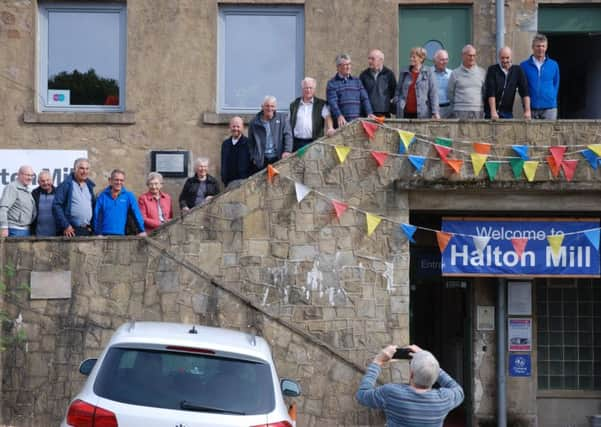

Eva Hermacinski, 89, crossed the Atlantic to meet 30 former workers from Luneside Engineering, which was founded by her father 70 years ago. Some of them had not seen each other for 25 years or more.
Eva, who took over the company after her father died and ran it for 16 years, spoke to an overflowing room in Halton Mill, which was hosting the reunion as part of a Heritage Open Day to celebrate the founding of the company at the Mill just after the second world war.
Advertisement
Hide AdAdvertisement
Hide AdShe talked about how her father, Polish emigre Colonel Teodor Berniski, had set up Luneside Engineering with 25 other Polish engineers who didn’t want to return to Poland when the Soviets took control of the country.
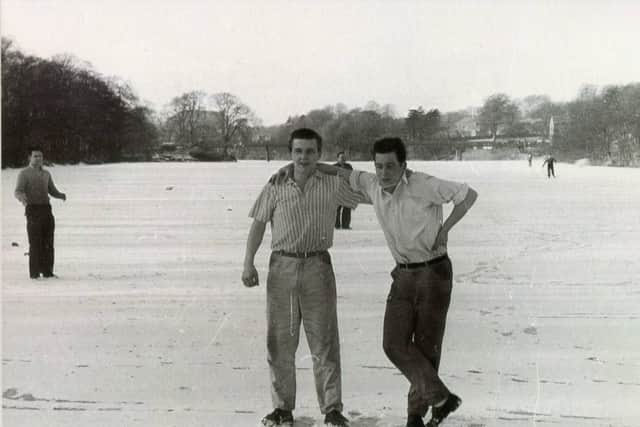

It was hard in the early days, Eva explained, and the Poles would do gardening and building work to supplement their earnings. One of their early ‘engineering’ jobs was building mechanical elephants which provided rides for children in seaside resorts: one of these elephants was back at the Mill for the Open Day.
But her father’s charm and knowledge meant the company prospered and was soon making precision components for major manufacturers, including British Nuclear Fuels, British Aerospace, Vickers Shipbuilders and Rolls Royce. They took on local staff, eventually employing 100 people. Colonel Berniski developed the site, building a beautiful garden with an aviary, beehives, ornamental fish pond and a riverside grotto, and hosting social events for the workforce. He would walk the shop floor every morning speaking to his staff and, if someone had family, health or financial trouble, he would offer to help.
“He loved this place and everybody that worked for him: he knew their families, he knew their children, it was just one big wonderful family,” said Eva.
Advertisement
Hide AdAdvertisement
Hide AdSo when her father had a heart attack and died in December 1978 Eva had a dilemma. By that time she was married and living in America with her husband and five children. But she decided she couldn’t let the company close, and that she would leave her own family behind to come to run the business herself, even though she knew nothing about engineering.
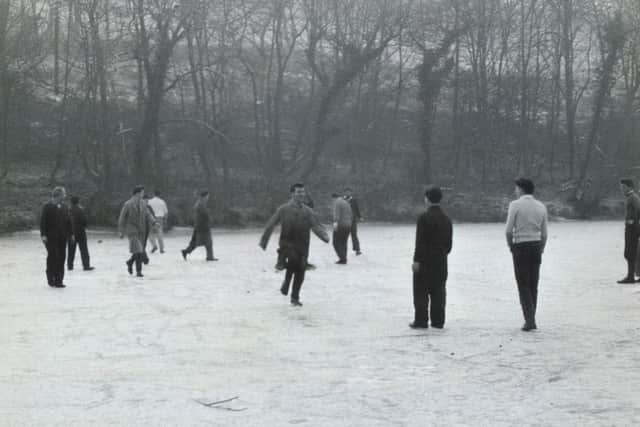

“My father was so loving and so good that people accepted me, a woman, from America to come and stay here and manage the place, that was one of the things that really moved me. And so I got tremendous support both from the staff here, and the customers also were extremely pleased to see Luneside continuing because we were their best subcontractor for the particular parts that they required.
“So this kind of support made me feel I couldn’t just turn my back. Being here again it doesn’t feel like you are friends, it feels like you are family,” said Eva with tears in her eyes. Former workers told stories about ‘the Old Man’ and about the wonderful camaraderie at the factory.
“There were Christmas parties. We played football every lunchtime, but in the winter of 1962-3 we actually played football on the Lune because it froze. It was a brilliant social life: it was a good place to be at a good time,” said Peter McAlavey.
Advertisement
Hide AdAdvertisement
Hide Ad“I could have earned more if I’d left to work somewhere else but I loved working here,” said Dave Smith, who started as an apprentice in 1967 and stayed for ten years before going on to teach engineering at Lancaster and Morecambe College.“I learnt so much in that ten years which I could pass on to my students.”
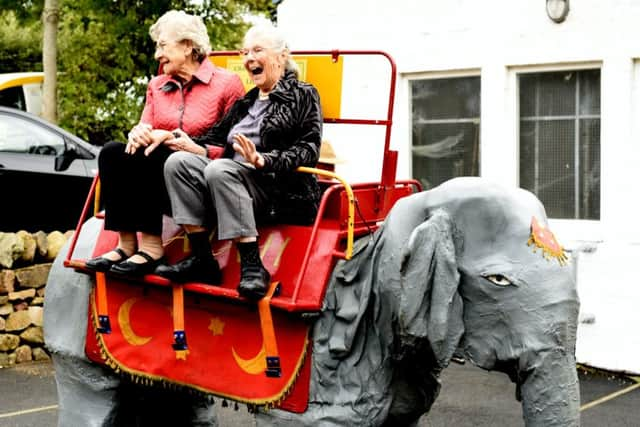

Like many of his fellow workers, Dave was proud of the skilled work they did, often creating one-off components for demanding customers. Precision really meant precise.
“There was alway’s a ‘can do’ attitude at Luneside’ — the impossible was possible,” said John Fawcett, who also started as an apprentice in the 1960s, combining college day release courses with practical experience.
“Luneside equipped you for any eventuality wherever life took you and many from the factory moved abroad taking the skills with them. It was the best apprenticeship anyone could have with so much variety of work, and the wealth of knowledge of the senior mentors who were always ready and willing to share that knowledge,” said John who went on to run his own business.
Advertisement
Hide AdAdvertisement
Hide AdBut in the 1980s the industrial world was changing with computerisation and automation. Eva invested in the latest machinery and training to ensure the company’s survival, but not without casualties.
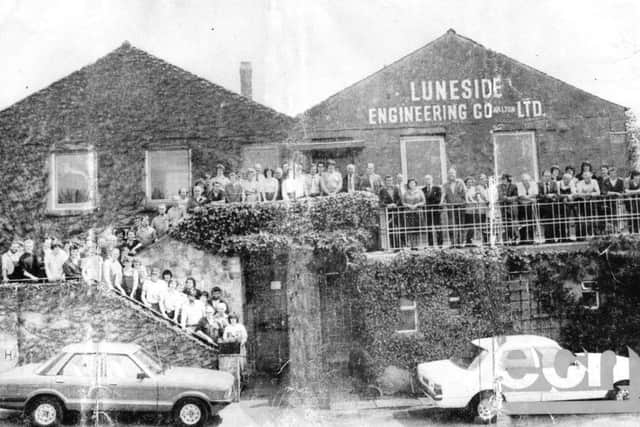

“In the end we had to reduce the workforce because the machine could work 24 hours a day and once you pushed that button you really didn’t have to do anything, so that became the turning point in the prospects for small companies.”
In 1994, when Eva turned 65, she decided to go home to America: she sold the company, hoping that this would ensure its future. That worked for a few years, then in 2007 the works was closed down.
Halton Mill was bought by Lancaster Cohousing Ltd in 2008, as part of a site for building an eco-community. They let the Mill to Green Elephant Cooperative, who have turned it into a low carbon work and event space offering private and shared offices and workshops also hosting courses, performances and exhibitions.
Advertisement
Hide AdAdvertisement
Hide AdIt’s now home to many freelancers and small businesses, as well as a community Makerspace, co-working space, yoga studio and shared artist’s studio.
Eva is delighted that the place she loved is now full of life and people once more.
“The thing that pleases me the most, now that Luneside engineering is part of history, is to see that these buildings are being put to such wonderful use. To know that Luneside lives and is fulfilled by these people is just absolutely wonderful. I think that is something that my father organised from up there.”
Halton Mill is hosting an exhibition celebrating the Luneside Engineering history until November 5, open every day from 9am to 6pm.